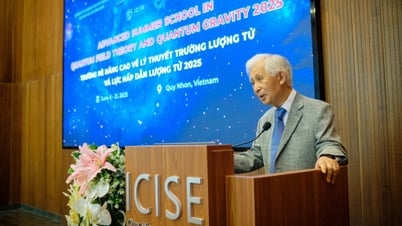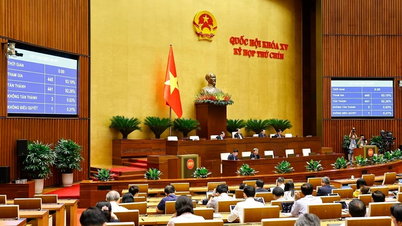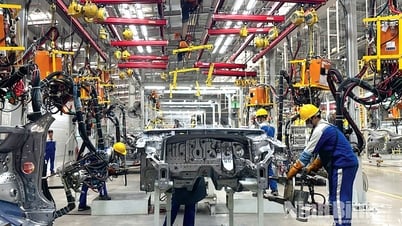SGGP
The recent banking turmoil in the US and Europe could spread to important non-bank institutions such as pension funds, complicating central banks’ fight against high inflation, the International Monetary Fund (IMF) said as a decade of comfortable low interest rates ends.
The recent strains at several banks in the US and Europe are a stark reminder of the growing financial vulnerabilities that have built up over years of low interest rates, pent-up volatility and abundant liquidity. It is especially important to understand and protect the broader financial sector, which includes a range of non-bank institutions.
 |
French take to the streets to protest pension reform, a way to keep pension funds stable |
In a social media post by three IMF officials - Fabio Natalucci, Antonio Garcia Pascual and Thomas Piontek, which was included in a chapter of the IMF's biannual report on the global financial situation, the experts said that the weaknesses have emerged after more than a decade of low interest rates and cheap money being readily available.
Central banks on both sides of the Atlantic have been on the right track in trying to tackle high inflation by raising interest rates without adding to the banking turmoil caused by the devastating collapse of Silicon Valley Bank (SVB), experts say. Meanwhile, non-bank financial intermediaries (NBFIs) such as pension funds, insurance companies, hedge funds and investment funds have grown significantly since the 2008 global financial crisis.
These institutions now account for nearly 50% of global financial assets, as regulators move to tighten banking regulations. However, because of their close ties to traditional banks, NBFIs can become a channel for compounding financial stress. Stress tends to arise when NBFIs borrow money to finance investments or boost returns through the use of financial instruments such as derivatives, and when an institution is unable to generate enough cash through asset sales to meet redemption requests from investors, the report said.
The bailouts of SVB and Credit Suisse may not be isolated incidents, and the problems are likely to extend beyond traditional banking to the non-bank sector, which now holds nearly half of global financial assets. The collapse of British pension funds last year has almost certainly highlighted the risk of higher global interest rates triggering more financial crises.
The Bank of England has stepped in to support pension funds by promising to buy up to £65bn of government bonds, but the IMF said such moves were not a priority at a time when central banks are trying to ease the pressure on the cost of living. With inflation at its fastest in decades, central bank liquidity injections for financial stability purposes could complicate the fight against inflation, the Guardian reported, citing IMF experts.
The smooth functioning of the non-banking sector is crucial to financial stability. To address the problem properly, IMF experts say, policymakers must use a range of tools, including introducing stronger supervision and regulation of the sector and requiring companies to share more data on the risks they face…
Source

































































































Comment (0)